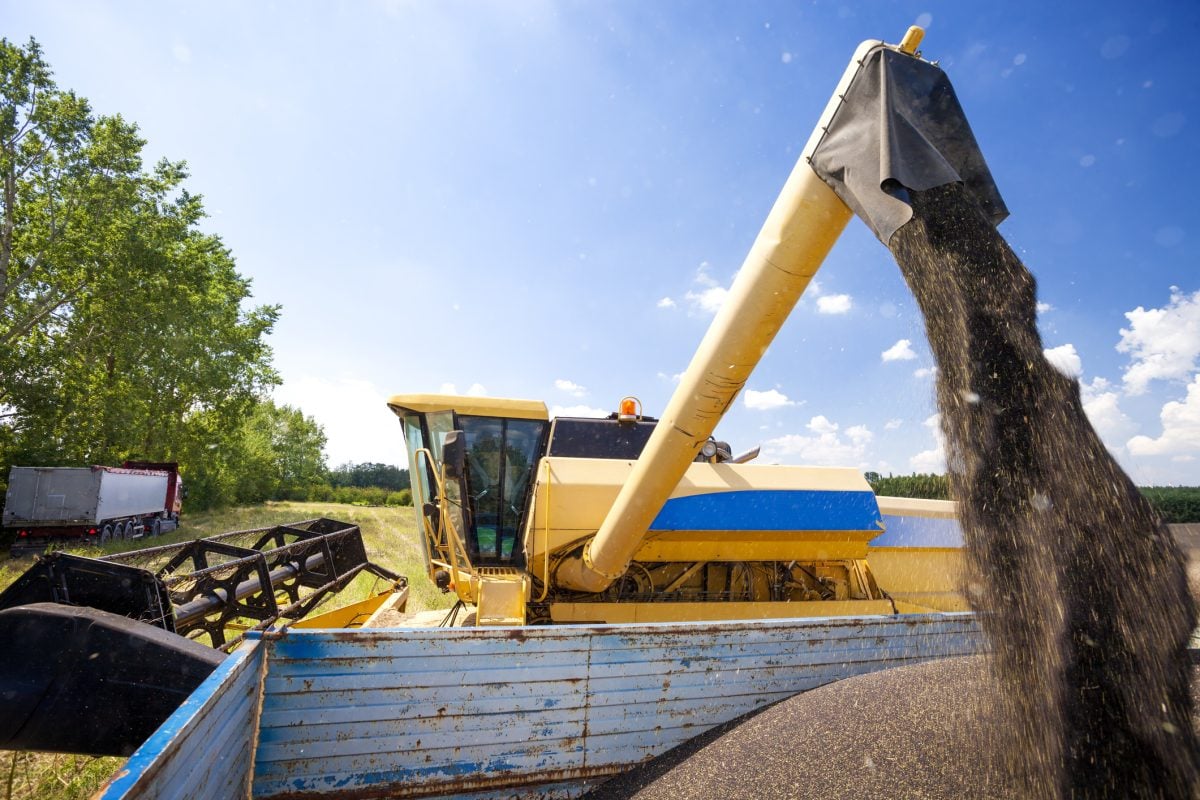MOSCOW (Reuters) — Russia’s food safety watchdog has imposed tougher quality checks on grain exports, a move traders criticized as being little more than the state cutting supplies to only four countries.
Russia’s Agriculture Ministry had promised to avoid export curbs on Tuesday, but within hours traders said the watchdog had restricted grain export certificates for some countries.
On Wednesday, the Veterinary and Phytosanitary Surveillance Service, confirmed it had started to pay “special attention” to the quality of grain sent for export and was giving certificates only when the quality conformed with the rules of importing countries.
Read Also

More canola among AAFC’s 2025/26 projections
Agriculture and Agri-Food Canada made several upward adjustments to its supply and demand estimates, after including the data from the Statistics Canada production update earlier this month.
VPSS spokeswoman Yulia Trofimova said: “Russia has always been considered to be a grain power and we cannot lose this status due to defects in the products sent for exports.”
She said there was no data available on whether this move was curbing exports.
A Russian grain exporters’ lobby — the National Association of Exporters of Agricultural Products — sent a letter to the government to complain that the phytosanitary service was only allowing exports to Egypt, Turkey, India and Armenia.
“The is nothing more than a hidden form of state regulation of grains,” the group said in a letter to Deputy Prime Minister Arkady Dvorkovich. Reuters obtained the copy of the letter.
Traders have forward contracts for Russian grain until April and argue the country can export about 30 million tonnes of grains without eating into its domestic needs, the group added.
The group asked the government to set a level for the maximum volume traders can sell during the 2014-15 marketing year started on July 1 and allow exporters to fulfil all contracts. Then the government could consider other measures to regulate exports, if needed, it said.
















